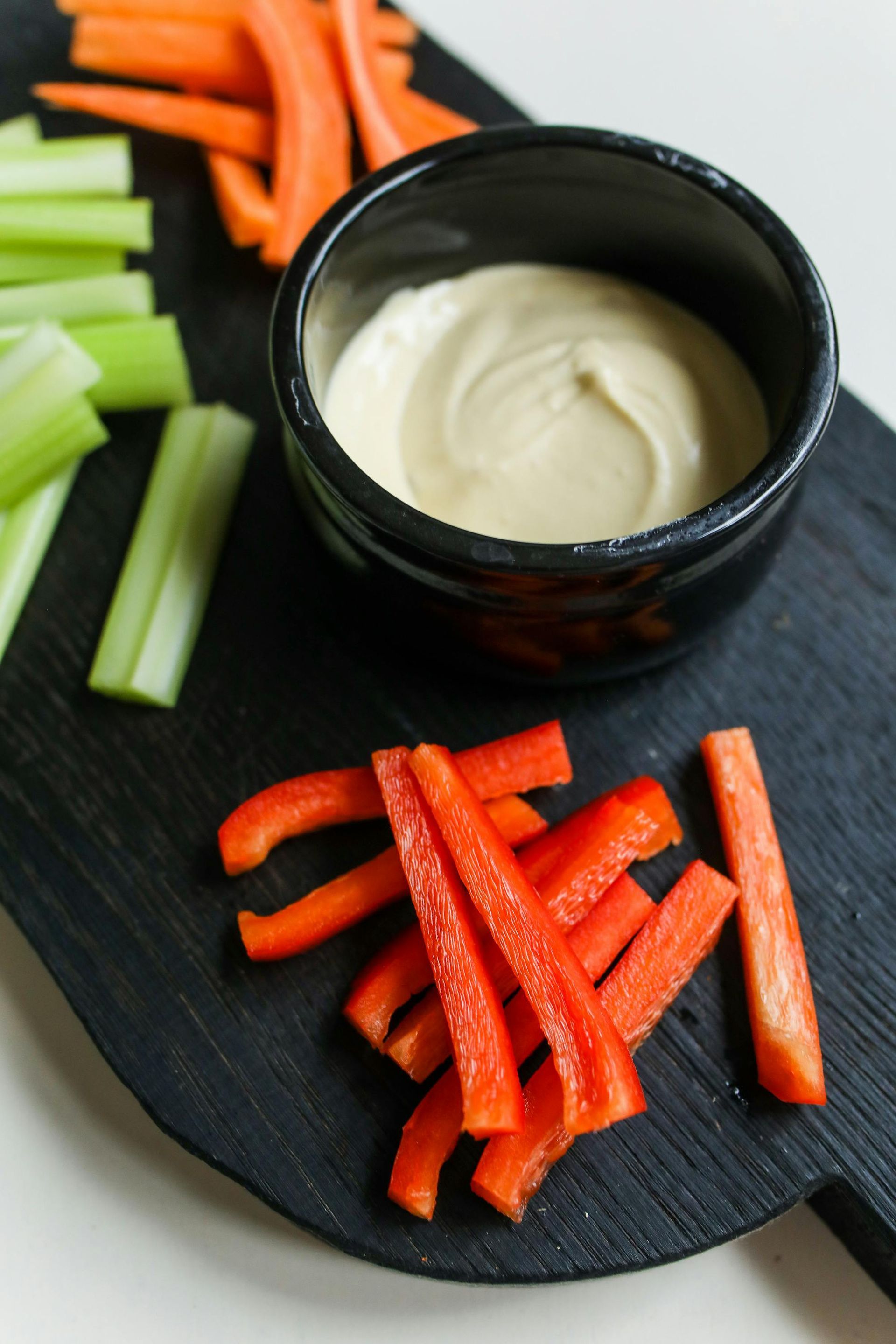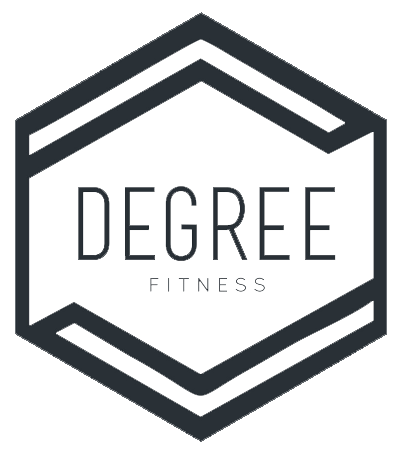Meet Your Running Club Coach - Amanda!
Written By: Coach Amanda
"The Runner In Me"
My name is Amanda Duff and I am a coach at Degree Fitness Seaforth. I attended Guelph University and have a Bachelor of Arts in Psychology… that I do not use. I do, however, use the 10 years of experience of going to the gym and my competitive nature to fuel my continued love for fitness and trying new things.
I had always wanted to be a runner and I would see people running on the street, wishing I could be more like them. But the negative self talk would come before I could even tie my shoes...
I finally got into running when, on a whim, I went to Blue Mountain with my brother to watch him race, then signed up for a 10km Spartan to see if I could do it.
IT WAS HORRIBLE!
I had weak quads, hamstrings, hip flexors, calves, IT bands and bad knees… suffice to say everything hurt after. It was crazy of me to think that just because I used to run when I was young would mean I can run the same now (I also never needed to stretch either but things change). I do not want this to scare you because this did not scare me.
One of the biggest things I took from this race was, what did you learn about your body so you can do something different next time?
So, I trained!
And not just by running but by doing research on form, shoes, muscles and strength training. I am still not the best runner or the fastest and trust me I get winded but I do have good form that has created less impact on my joints and I have found workouts that have strengthened the muscles in my legs that were weak and were causing me extreme pain. I learned to take care of my body and listen to myself. I learned that when you stop running on a run it is not quitting but instead you are listening to your body.
Running has had an amazing impact on my life and things I never dreamed I would be able to accomplish. I have completed many races since my first 10km obstacle race and one of those being a half marathon, which I never dreamed I would be able to do. Running has taught me a lot about myself and has gotten me through difficult times.
I am happy I took that first stride and I hope you take it too!
*********
Whether you are new to running or you're a seasoned runner looking to strengthen your stride, your upcoming 5 Week Running Club is perfect for all in between.
This program is all about busting running myths, forming a better warm up/cool down routine, strengthening necessary muscles and of course running.
No previous running experience is necessary; just bring yourself, some enthusiasm, and your running shoes!
Details:
Wednesday September 4, 11, 18, 25 and October 2
6:30PM-7:30PM
$150+tx/members
$165+tx/non-members
To register email amanda@degressfitnessseaforth.com, call/text 519-441-7492 or send us a message to save your spot!



